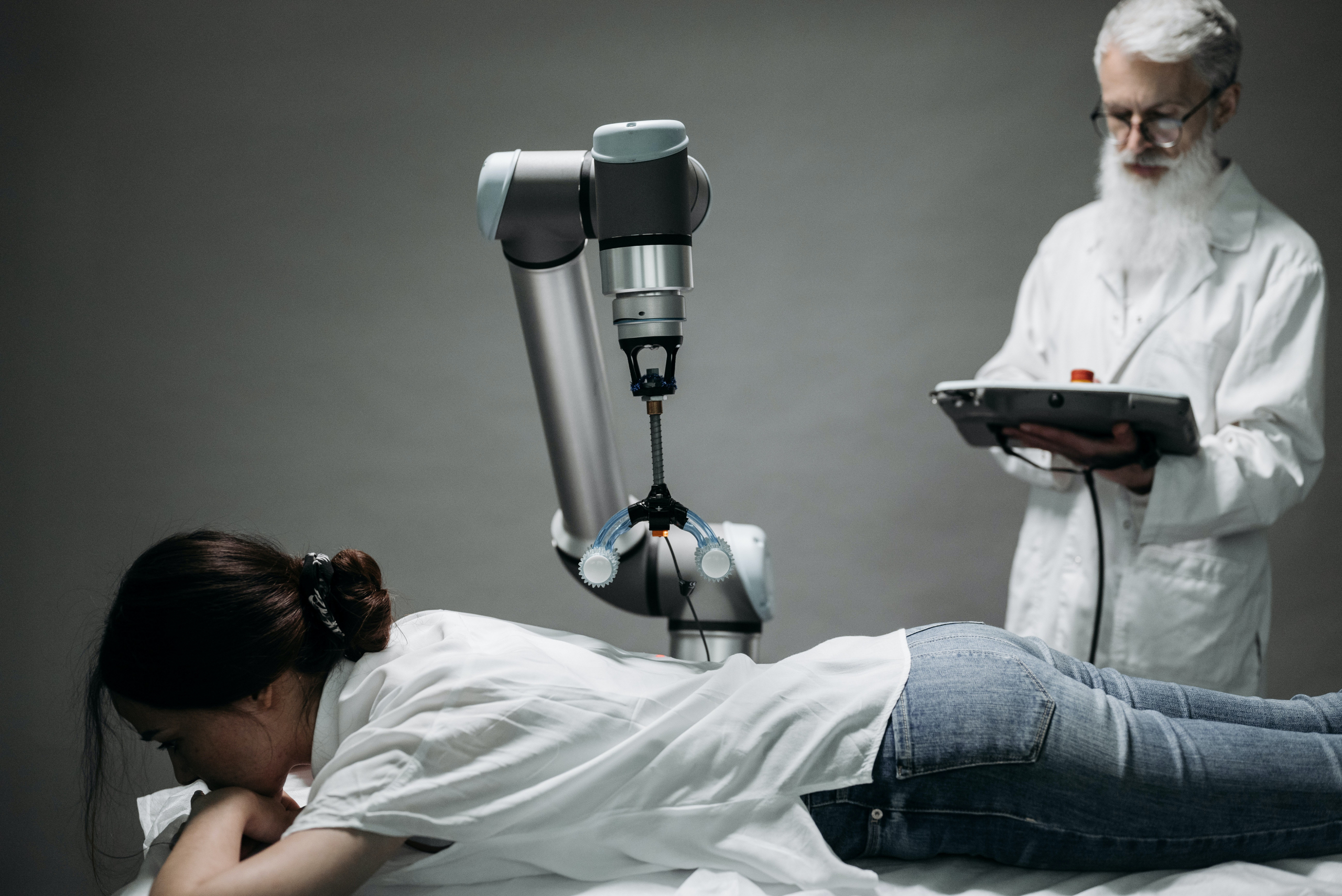March 16, 2023
ChatGPT: The Future of Personalized Healthcare through Generative AI
Book a Demo
Artificial Intelligence (AI) has become an integral part of our lives, and the healthcare industry is no exception. With the advancements in machine learning and generative AI, medical professionals can now provide personalized care and better treatment options to their patients. One of the most significant advancements in AI in healthcare is ChatGPT, a text-based AI model that is changing the face of healthcare.
ChatGPT is a state-of-the-art generative AI model that can respond to natural language queries and generate human-like responses. It is trained on a vast amount of data, including medical research papers, patient records, and clinical trial results. ChatGPT can help doctors and other medical professionals make better decisions, improve patient outcomes, and reduce costs.
One of the significant advantages of ChatGPT is that it can provide personalized care to patients. Medical professionals can input a patient’s medical history, symptoms, and other data, and ChatGPT can generate personalized treatment options. It can also provide patients with information about their condition, treatment options, and potential side effects.
ChatGPT can also help medical professionals make better decisions by providing them with the latest research and clinical trial results. It can analyze vast amounts of data and identify patterns and correlations that might not be visible to human researchers. This can help doctors and other medical professionals make better diagnoses and develop more effective treatment plans.
In addition, ChatGPT can help reduce healthcare costs. Providing personalized care and more effective treatment options, it can reduce the need for expensive procedures and hospitalizations. It can also help doctors and other medical professionals optimize their workflows, reducing the time and resources needed to provide quality care.
Despite the many benefits of ChatGPT, some people are concerned about the use of AI in healthcare. They worry that ChatGPT and other AI models could replace human doctors and medical professionals. However, this is not the case. ChatGPT is designed to augment human decision-making, not replace it. It can provide medical professionals with the information they need to make better decisions, but it cannot replace the human touch that is so essential in healthcare.
ChatGPT is a game-changer in the healthcare industry. It can provide personalized care, improve patient outcomes, and reduce costs. By augmenting human decision-making, it can help medical professionals make better decisions and provide better care to their patients. With the continued advancement of AI in healthcare, we can look forward to a brighter, healthier future for us all.



